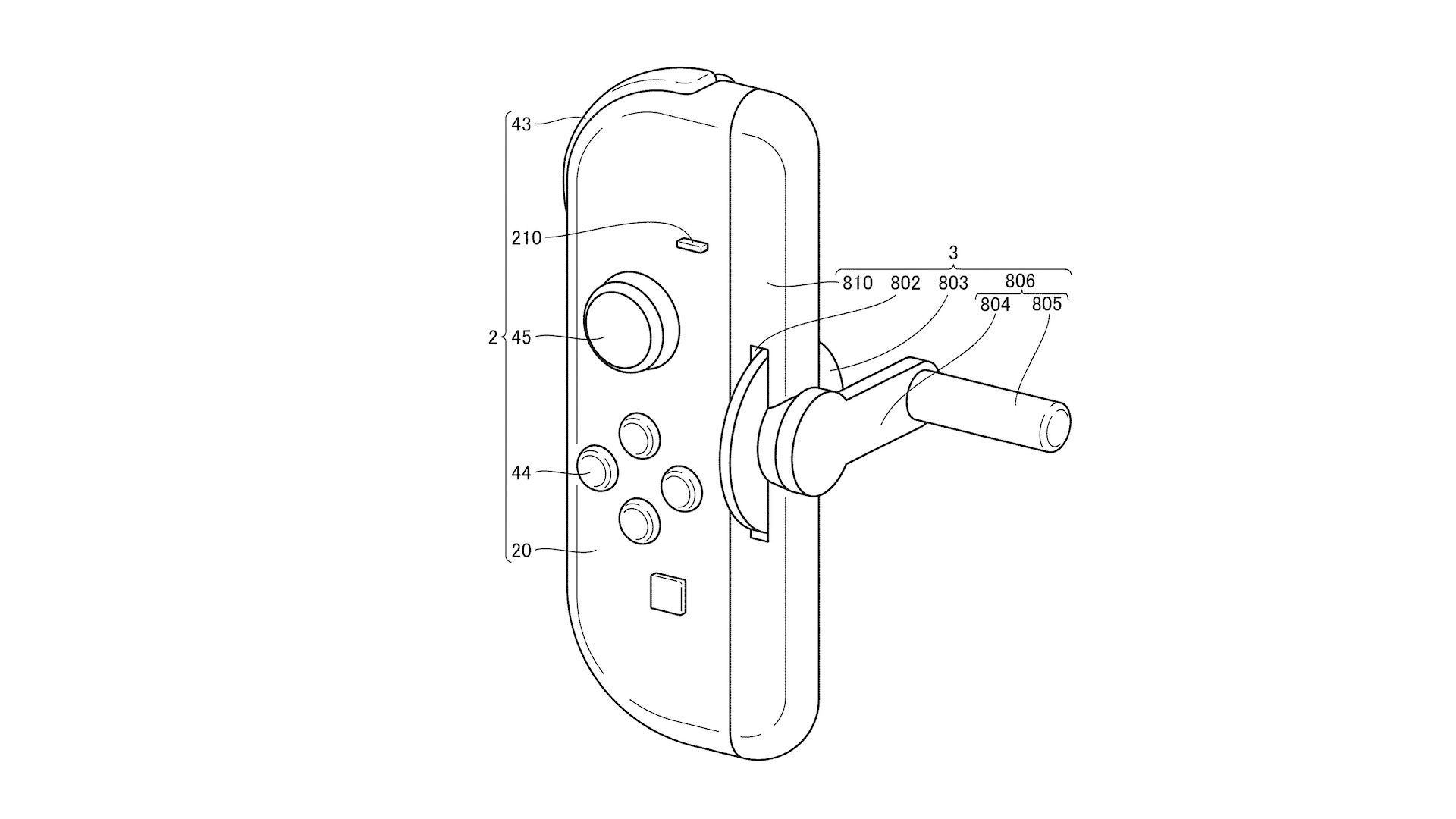-
Understanding and Leveraging Hotel KPIs to Drive Success – By Heather Apse – Image Credit Unsplash+
In today’s competitive hospitality landscape, successful hoteliers are turning to data—and more specifically, Key Performance Indicators (KPIs)—to make smarter, faster, and more strategic decisions. These measurable metrics allow you to track performance, evaluate profitability, and fine-tune operations in real time.
In this guide, we’ll break down the most important KPIs in the hotel industry, explain how they’re calculated, and show you how to use them to elevate your business—from financial health and guest satisfaction to marketing effectiveness and group revenue growth.
What is the Meaning of KPI? What are Hotel KPIs?
KPIs, or Key Performance Indicators, are specific data metrics used to measure and evaluate the performance and success of a hotel business. These indicators help hotel managers and owners track progress, identify areas for improvement, and make data-driven decisions. They are quantifiable measurements that assess critical aspects of hotel operations, such as financial performance, guest satisfaction, operational efficiency, and market position.
The Core Trio: Measuring Your Hotel’s Financial Health
Before you can improve your performance, you need to understand where you stand. Start with the three most interconnected KPIs that form the foundation of hotel revenue management.
1. Occupancy Rate
What it measures: The percentage of available rooms that are occupied over a specific period.
Formula: (Occupied Rooms / Available Rooms) x 100
Why it matters: This metric reveals how effectively your hotel fills its rooms. A low occupancy rate may point to issues with demand, pricing, or marketing, while a high one often reflects healthy demand and smart rate management.
2. Average Daily Rate (ADR)
What it measures: The average revenue earned per sold room.
Formula: Total Room Revenue / Number of Rooms Sold
Why it matters: ADR tells you how much you’re charging, on average, per room night. It’s a strong indicator of your pricing strategy and how well you’re positioning your hotel within the market.
3. Revenue Per Available Room (RevPAR)
What it measures: A combination of occupancy and ADR that reflects your ability to fill rooms at an optimal rate.
Formula: Occupancy Rate x ADR
Why it matters: RevPAR is one of the most comprehensive metrics in hotel management. It shows how well you’re balancing rate and demand to maximize revenue. For example, even if your occupancy drops slightly, increasing your ADR can still drive higher RevPAR.
Expanding Beyond Revenue: Profitability and Guest Satisfaction
Revenue alone doesn’t paint the full picture. These KPIs offer a more nuanced view of your hotel’s efficiency, profitability, and guest experience.
4. Gross Operating Profit Per Available Room (GOPPAR)
What it measures: Your hotel’s profit after operational expenses, per available room.
Formula: (Total Revenue – Operating Expenses) / Available Rooms
Why it matters: GOPPAR gives you a bottom-line look at your hotel’s financial performance—factoring in costs like labor, utilities, and services. It’s essential for understanding true profitability.
5. Customer Satisfaction Score (CSAT)
What it measures: Guest satisfaction based on surveys, ratings, and reviews.
Why it matters: High CSAT scores drive repeat bookings, increase lifetime value, and fuel word-of-mouth and online reputation. To improve CSAT, act on direct feedback—whether it’s related to cleanliness, service, or amenities.
6. Average Length of Stay (ALOS)
What it measures: The average number of nights guests stay at your hotel.
Formula: Total Room Nights / Number of Bookings
Why it matters: Longer stays often reduce operational costs per guest and can improve efficiency in housekeeping and turnover. A high ALOS may also indicate strong guest satisfaction.
Driving Direct Business and Measuring Marketing Impact
Reducing third-party fees and optimizing marketing spend are critical to maintaining profitability. These KPIs help you track your success in those areas.
7. Direct Booking Ratio
What it measures: The percentage of total bookings made directly through your website or reservation system.
Why it matters: Direct bookings lower acquisition costs and increase margin. Improve this metric by implementing loyalty programs, special offers for direct bookers, and a seamless booking experience.
8. Website Conversion Rate
What it measures: The percentage of website visitors who complete a booking.
Formula: (Bookings / Website Visitors) x 100
Why it matters: This metric reflects how well your website engages and converts potential guests. A slow-loading site, unclear booking flow, or lack of compelling offers can all hinder this KPI.
9. Marketing ROI
What it measures: The return on your marketing spend from digital campaigns, email outreach, and more.
Formula: (Revenue Generated – Marketing Costs) / Marketing Costs
Why it matters: Understanding your ROI allows you to fine-tune campaign targeting and prioritize the channels that produce the highest return—whether it’s email, social media, or paid ads.
Why are KPIs Important for Hotels to Track?
Setting and tracking Key Performance Indicator (KPI) data plays a crucial role in analyzing and evaluating hotel performance.
Tracking KPI data enables hotel owners and managers to make informed decisions based on a clear perspective on the hotel’s progress. Additionally, hotel data analytics helps identify various factors affecting performance and identify strengths and weaknesses, as well as opportunities for growth.
What Tools Help Measure Hotel KPIs?
By consistently monitoring these KPIs, hotel managers can make data-driven decisions to improve performance, increase profitability, and enhance guest satisfaction. Remember, while these metrics are crucial, they should be considered in conjunction with other factors such as market conditions, seasonality, and long-term strategic goals. Here are some of the technology options that look at KPIs:
The Tools of the Trade: Leveraging Technology for Success
Manually tracking KPIs across departments is unrealistic without the right systems in place. The good news—technology can do the heavy lifting.
Property Management System (PMS)
Acts as the operational nerve center. A PMS tracks bookings, guest data, and KPIs like occupancy, ADR, and RevPAR in real time.
Revenue Management System (RMS)
Optimizes pricing by analyzing demand patterns, competitor rates, and historical data. An RMS helps maximize profitability by automating rate adjustments across channels.
Guest Feedback & Survey Tools
Collect and analyze guest insights to improve service and satisfaction. Tools like online surveys, reviews, and feedback forms help you act on issues before they affect ratings.
Group Booking & Event Platforms
If you host events or manage group business, platforms like Tripleseat for Hotels offer robust tools for tracking group revenue, conversion rates, and event profitability.
The Path to Success is Paved with Data
Your hotel’s performance shouldn’t be a guessing game. When you understand and track the right KPIs, you gain the clarity and control needed to make strategic decisions, improve operations, and elevate the guest experience.
Ready to take your group business to the next level?
Download our free guide, “How to Grow Your Sales and Catering Leads” and see how Tripleseat for Hotels can help you simplify event operations, increase bookings, and drive profitability. Or book a time to get a personalized demo!
Heather Apse

As a content writer for Tripleseat, Heather channels her industry expertise into crafting insightful, actionable resources for hospitality professionals. Her background in hospitality includes hands-on experience as a hostess, busser, and waitress during her college years and she holds a deep appreciation for the nuances of restaurant and venue event operations. When she’s not immersed in research or writing, Heather is adventuring outdoors with her three energetic sons and their lively, larger-than-life dog. Connect with Heather on LinkedIn.
About Tripleseat
Tripleseat is an award-winning sales and event management platform that powers more than 18,000 venues worldwide. By streamlining operations and maximizing revenue, Tripleseat helps event managers turn their visions into reality. For more information or to schedule a demo, visit www.tripleseat.com.
















